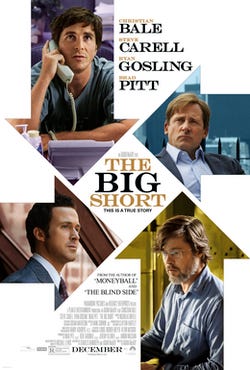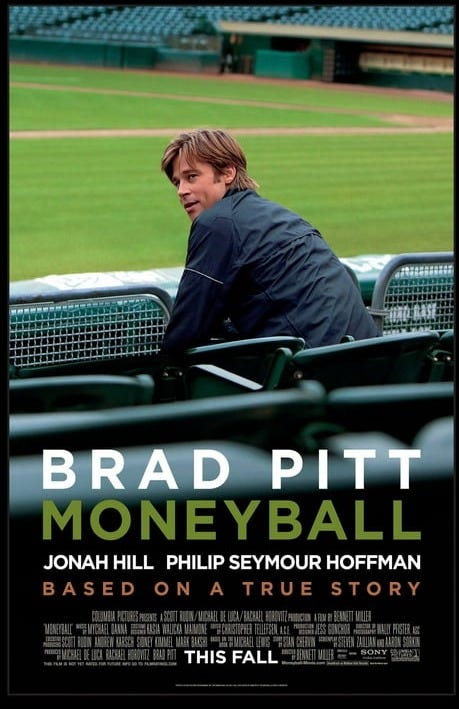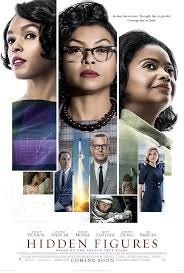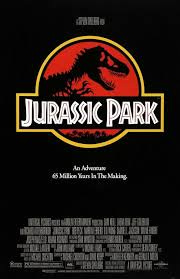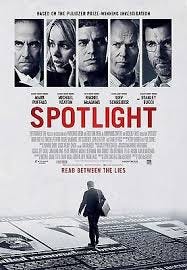How Data Literacy Benefits Us All II: 2Data 2Literacy
Teams, Business & Society boogaloo.
Picking up this short series on the breakdown of data & AI literacy and its benefits. Last time, we discussed that data literacy can provide enhanced confidence, decision making and facilitate career advancement for the individual. This week we’ll focus on how it benefits teams, organisations, and society.
The cinematic sommelier pairings will also return (and thank you to those who made great suggestions last time).
Teams: Speak Data, Build Better Stuff
Data literacy fosters effective communication and collaboration within business teams. When everyone on a team understands data, they can work together more efficiently and drive innovation.
Teams that understand data can streamline processes, identify inefficiencies, and implement data-driven solutions. This collaborative approach leads to increased productivity and better performance outcomes, ultimately driving the team's success. This can range from being able to better estimate or quantify their output or understand how ‘intangible’ goals and KPIs can be translated into meaningful, actionable focuses.
But it is not all about the business ‘learning’ to speak data, improved data literacy also helps inform technical teams to better understand the business problems, create technical solutions that address the root causes. This increase in communication and understanding between teams helps to inform better decision making and problem solving, rather than onboarding a platform that vaguely waves to fixing a problem.
Suggested movie pairing:
A Brad Pitt double-feature!
Based on the Michael Lewis book, The Big Short focuses on the 2008 financial crisis, and how various groups of individuals who understood the data, could identify, predict, and take advantage of the situation.
Interwoven throughout the movie, the concepts of various biases, data fallacies, and assumptions are explored, and while you might not necessarily root for these characters, their data literacy informing their financial literacy, sees them relatively unscathed.
Based on real life Oakland A's general manager Billy Beane, the movie explores the successful attempt for a small team, outmatched in budget, to assemble a baseball team using data over ‘vibes’ by employing computer-generated analysis to acquire new players in the aggregate.
Data is a fantastic way of shaking off the ‘this is how things have always been done’, or for shifting set mindsets. Not every decision with data will be a home run, but you will certainly improve your odds!
Organisations: Alignment, Strategy, Risk & Not Getting Eaten by Dinosaurs
Data-literate organisations don’t just make decisions—they make good ones. They spot trends early, manage risks better, and move faster than their competitors. Organisations that embrace data literacy can make strategic decisions based on accurate data analysis, leading to better business outcomes and competitive advantage.
Organisations with increased data literacy, increase their data access, data quality, and data use. Teams will feel empowered that they have access to the right data and know when and how to use it. This will reduce data silos, duplication of company data and increase data quality. The immediate benefits include lower technology debt, reduction of risk (remediation and deletion of unnecessary data lowers security risk), and enables teams to work together in a more collaborative manner. The longer-term benefits include an organisation that understands the full productivity potential, to be able to adjust nimbly as needed, proactively.
Suggested movie pairing:
Three African American women mathematicians significantly contributed to astronaut John Glenn's successful launch into orbit, while simultaneously confronting racial and gender discrimination.
NASA is the definition of a data-driven organisation. While many films such as The Martian or The Dish highlight the successful and celebrated (fictional or reality) events that data has played, Hidden Figures explores the unexplored genesis of such successes. A powerful film for multitude of reasons, the film, based on the Margot Lee Shetterly book, features the power of data, calculations that all future NASA successes are built upon, and are still informing the organisation today.
However, it is important to note the potential dangers of data misuse for organisations.
Jurassic Park serves as a cautionary tale about the misuse of data and technology. The park's creators use advanced genetic data to bring dinosaurs back to life, but their lack of proper data management and ethical considerations leads to catastrophic consequences.
As Ian Malcolm (Jeff Goldblum) in the Michael Crichton novel exclaims, the park was doomed to fail from the start, as the creators of the park were so obsessed with the prize, they didn’t stop to look at the data and consider.
“Your scientists were so preoccupied with whether or not they could, they didn't stop to think if they should.”
Otherwise, you might end up with a T-Rex in your boardroom.
For Society: Truth, Trust & Ghosts
Data literacy is not just for the workplace or the boardroom, in this ever-connected world of data, it impacts us all every day.
Data literacy has a profound impact on society by promoting transparency, accountability, and social innovation. It can provide visibility to empowers citizens to engage with data-driven information, hold institutions accountable, and contribute to local decision-making processes. This transparency fosters trust and encourages community participation, ultimately leading to a more informed and engaged society.
A data-literate society is less susceptible to misinformation, be able to critically review and assess information, will be aware of the massive impacts and influences that data and algorithms have on their lives, and protect their data from uses they are not comfortable with.
Suggested movie pairing:
Journalists used data to uncover a massive scandal in Boston, and then by extension the United States, and the world. Their work led to real accountability—and it all started with asking the right questions and following the data.
This film explores the responsibility of informing society with information, in a way that cannot be vulnerable to misinterpretation, and given the sensitive, personal nature, handled with care. The work of these reporters had long-reaching impacts, which had global ramifications and was led by data.
This legal drama (based on true events) a young Erin Brockovich uncovers a major scandal involving the improper and illegal dumping of toxic waste by the Pacific Gas & Electric Company. By using data to investigate and uncover the truth, she leads her law firm into one of the largest class action lawsuits in American history, holding a multi-billion-dollar corporation accountable for poisoning residents.
There are MANY examples of legal dramas following data to lead to societal change, including Dark Waters (another Mark Ruffalo shout-out), Flint, On the Basis of Sex, and Michael Clayton. While they all deal with different topics and influence, the consistent message is clear: A data-literate society is a more transparent, trustworthy, and empowered one.
Conclusion
The benefits of data literacy are far-reaching, impacting individuals, business teams, organisations, and society. By promoting data literacy, we can create a more informed, efficient, and innovative world. Whether it is making better personal decisions, driving team collaboration, enabling strategic organisational growth, or fostering societal transparency, data literacy is a transformative skill that holds immense potential.
Next time, we’ll move the focus to how we can build data (& AI) literacy, including the introduction to frameworks and tools that can be used to help start (or revitalise) your data literacy.
Question this week: When was a time you had your perspective or understanding changed by data? What was it that changed your mind?
If you’d like to share this with your colleagues or friends, I would be eternally grateful, as I’d like to make this conversation as diverse and engaging as possible.
Thank you for joining me in this exploration of data & AI from what (I hope) is perhaps a slightly different perspective than you may usually hear from.
Yours in data,
Neil


